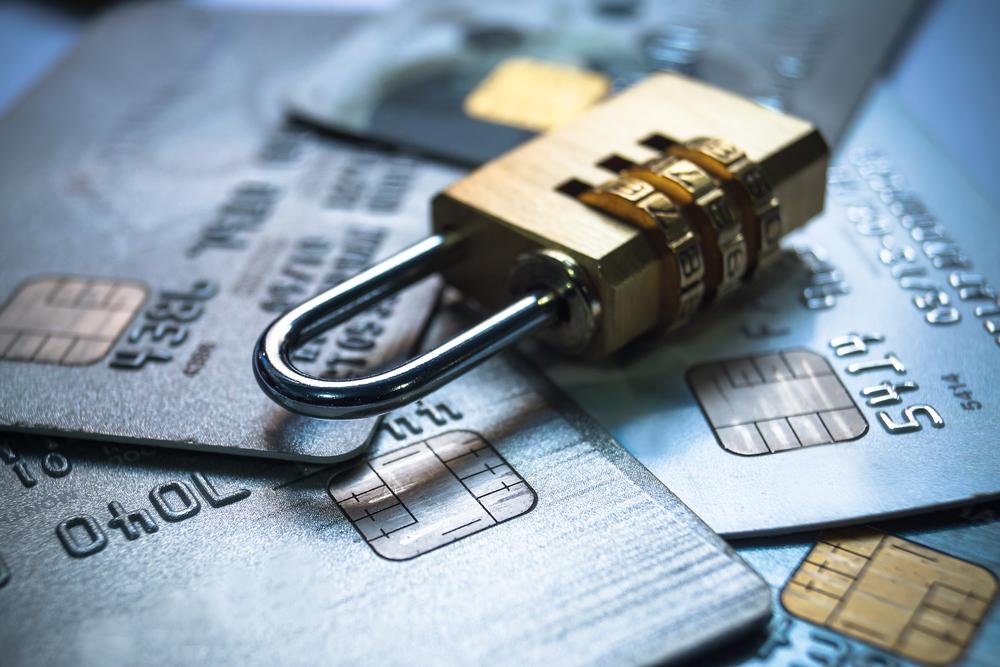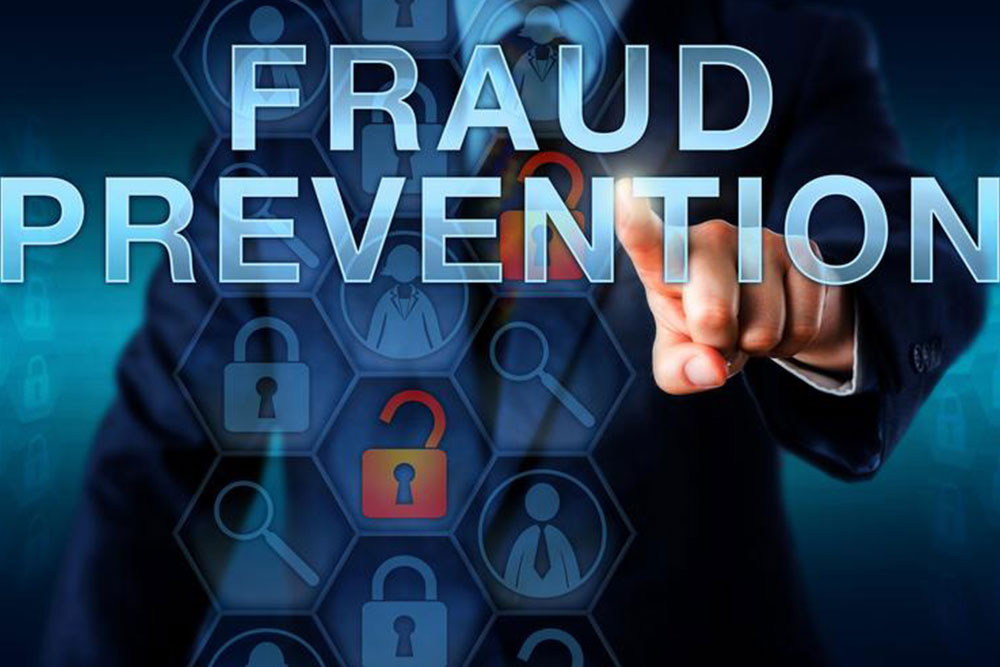Proven Methods to Effectively Resolve Credit Card Fraud Disputes
This comprehensive guide explores effective strategies to resolve credit card fraud disputes. From early detection to successful dispute resolution, learn how to protect your finances. We cover step-by-step processes, tips for gathering evidence, and staying updated on security practices. Equip yourself with the knowledge to handle unauthorized charges confidently and increase your chances of recovering lost funds. Whether you're facing an ongoing issue or preparing in advance, these proven methods will help you navigate credit card fraud disputes efficiently, ensuring your financial safety and peace of mind.

Proven Methods to Effectively Resolve Credit Card Fraud Disputes
Dealing with credit card fraud can be a stressful experience, but understanding the right steps and leveraging the protections provided by consumer laws can make the process more manageable. The Fair Credit Billing Act (FCBA) offers significant rights to consumers when disputing unauthorized charges. However, success in these disputes often depends on diligent preparation, comprehensive documentation, and understanding the dispute process thoroughly. When approached correctly, you can increase your chances of recovering lost funds and safeguarding your financial interests.
This comprehensive guide explores detailed, actionable strategies to help you dispute fraudulent charges efficiently and effectively. Whether you’ve detected suspicious activity or want to prepare in advance, these methods will equip you with the knowledge needed to handle credit card fraud disputes decisively.
Early Identification of Suspicious Transactions
Modern technological advancements have significantly improved the ability of credit card companies to detect potential fraud in real-time. Many issuers now send instant alerts when suspicious transactions are detected, allowing customers to verify activity immediately. Despite these automated alerts, consumers should also be vigilant by regularly reviewing their monthly statements. Paying close attention to small or unusual charges—such as tiny test transactions—can help identify fraud early. Fraudsters often perform these small tests to confirm stolen card details before launching larger-scale operations.
Step-by-Step Dispute Process
When you notice suspicious or unauthorized charges, the first step is to contact your credit card provider immediately. Prompt action is crucial, as delays can hinder your ability to dispute charges effectively. When reaching out, keep meticulous records of all correspondence—note down the names of representatives, the dates, and times of your conversations. Many card issuers provide online portals for submitting disputes; always take screenshots or save confirmation emails as proof of your submissions.
Upon initiation of the dispute, your card issuer will typically issue a temporary credit to your account, restoring the disputed amount pending investigation. During this phase, the issuer will communicate with both you and the merchant involved to gather relevant evidence—receipts, delivery confirmations, or other documentation that can verify the legitimacy of the transaction.
Securing a Favorable Outcome in Your Claim
Once the investigation concludes, the credit card issuer will make a determination based on the evidence collected. If the merchant cannot provide proof that you authorized the transaction—such as a signed receipt or delivery confirmation—the disputed charge will likely be canceled, and the temporary credit becomes permanent. Conversely, if the merchant can validate that you authorized the transaction, or if they provide sufficient proof of authorization, the charge might be upheld.
Remaining proactive and always following updates on credit card security practices is essential. Following official social media channels or subscription services will keep you informed about the latest fraud prevention tips and changes in dispute procedures.
In summary, disputing credit card fraud requires a combination of prompt action, thorough documentation, and strategic communication. Understanding your rights under the Fair Credit Billing Act, staying vigilant with your account activities, and maintaining organized records can significantly increase your chances of a successful dispute resolution. Protect your finances by staying well-informed and proactive against credit card fraud.





